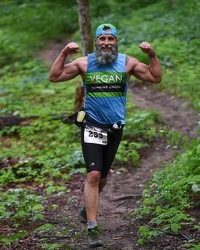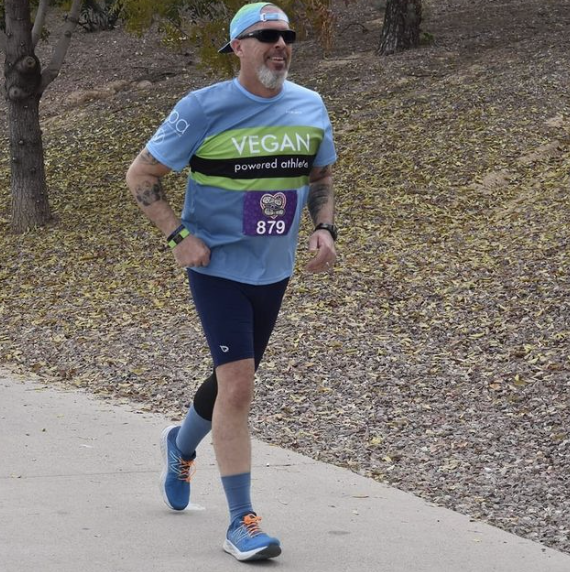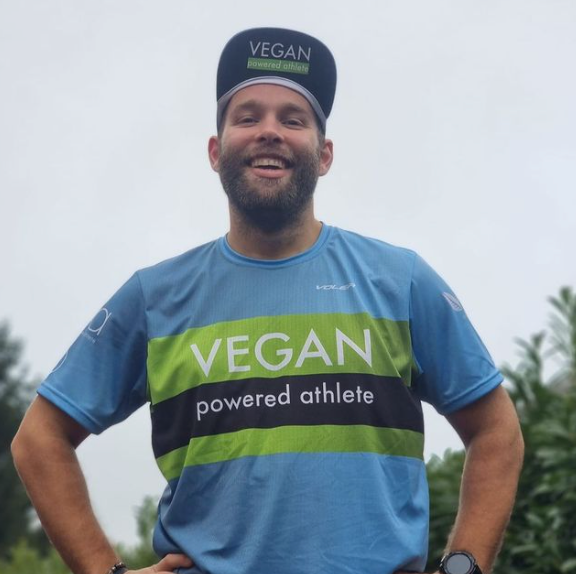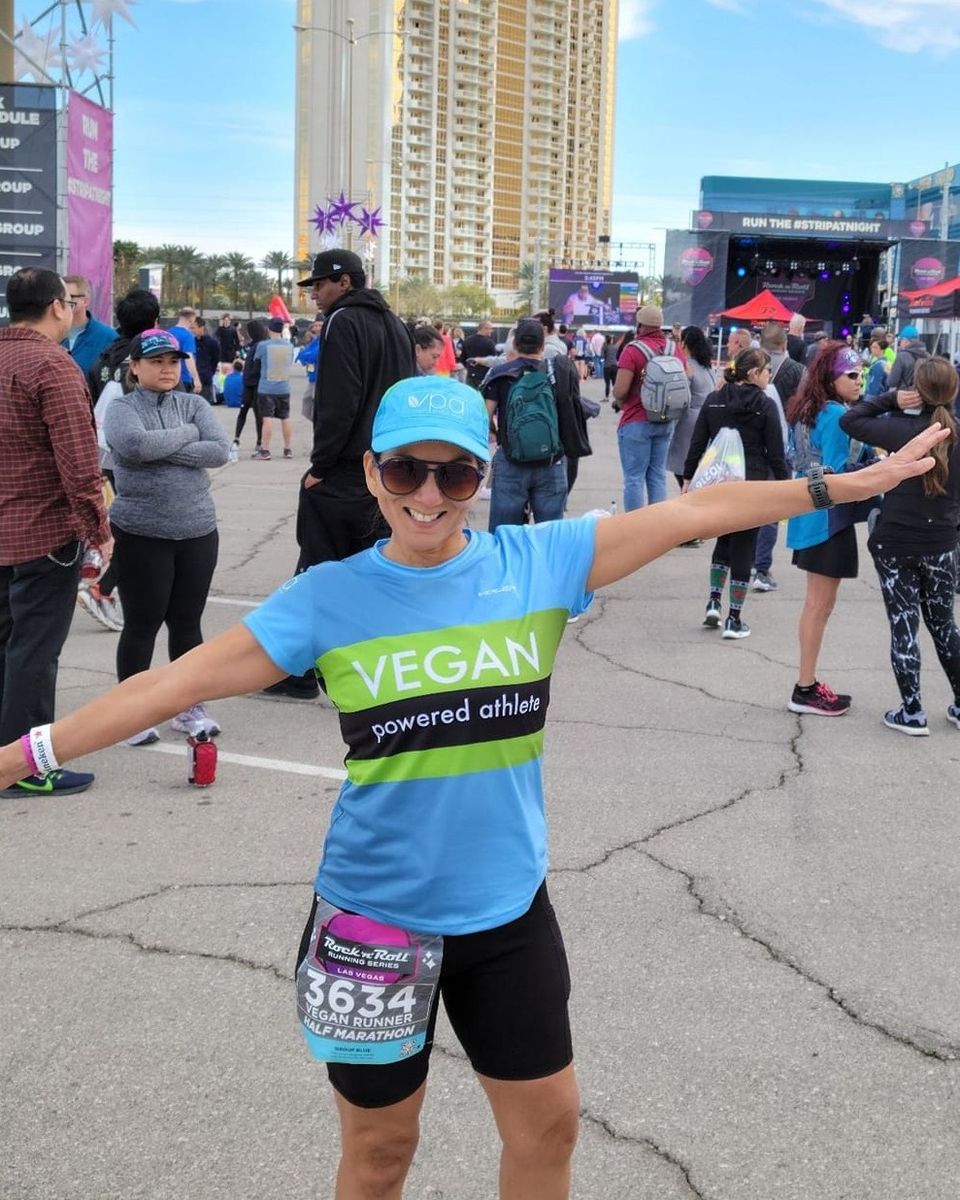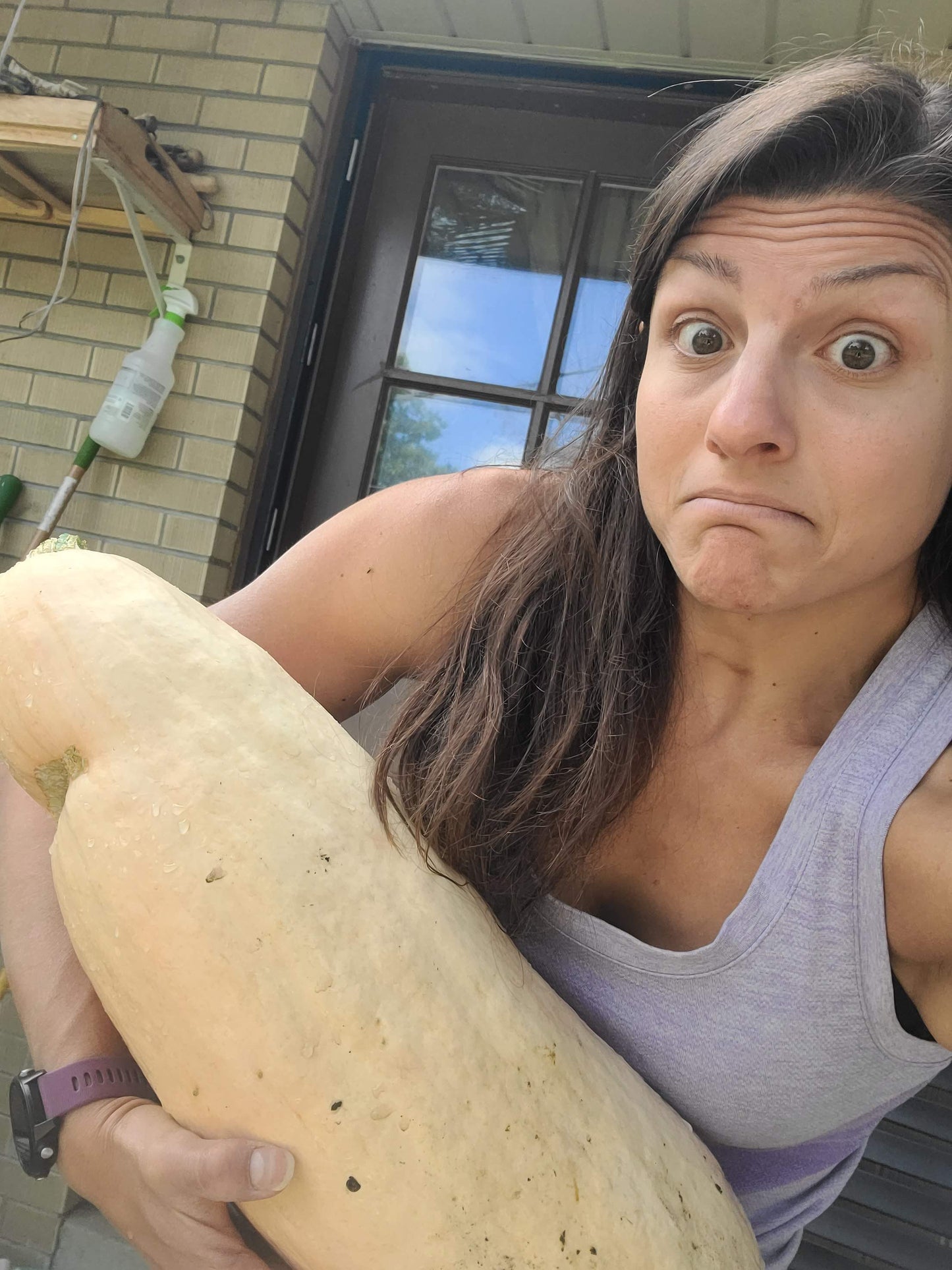
It’s winter in the Northern Hemisphere, and that means holiday season. It’s the time of year that’s packed with activities, many of which revolve around food. From October through the end of December and into the New Year, sweets and rich food and drink are everywhere. By the time New Year’s rolls around, it’s all but impossible to miss the messaging that now is the time to set New Year’s resolutions. These resolutions usually involve the idea of shrinking your body, maybe with the gym, maybe with the latest fad diet. What’s worse is that these messages are not value neutral; they are about feeling bad about what you eat. For anyone who has grown up being told that your worth is tied to your body size and food choices, it might feel all but impossible to think about food and your body differently.
And vegans are not exempt. In some ways, vegans can experience even more scrutiny because of misconceptions about what it means to be vegan.
Now imagine what happens if instead of internalizing these messages about your body and your food choices, you learn to just listen to your body. What happens if you turn your compassion and instead of feeling badly you moved from a diet mindset to an abundance mindset?
Cultivating an abundance mindset begins with acknowledging that bodies have biological and emotional needs around food. Giving yourself permission to meet those needs means eating when you’re hungry, drinking when you’re thirsty, and stopping when you’re full. It means allowing yourself to enjoy your food (yes, even sweets and other indulgent foods) without judgment. It sounds simple, however, simple doesn’t always mean easy, especially if you’ve spent a lifetime of hearing messages about food being “good” or “bad” and being told that the only acceptable bodies are small or overly muscled.
I often tell my clients that there is no such thing as a bad food, unless it’s harmful to you personally or it’s robbed a bank. All food is welcome in your diet as long as your body tolerates it and it aligns with your personal values - it’s just a question of where it fits. For example, eating a really big, heavy meal right before a high intensity workout probably won’t feel great, nor would eating so many cookies that you feel sick. This is where self-compassion and an intuitive relationship with food comes into play. It’s a process of fostering a relationship with your body to figure out what foods will help it feel its best throughout the day and what will bring you joy. It’s about balancing all of the food you eat with how you move your body. This disrupts the damaging false equation of food and exercise: food is not something you earn, and exercise is not punishment for what you’ve eaten.
Embracing an abundance mindset means nourishing all bodies. That means thin bodies, fat bodies, muscled bodies, tall bodies, young bodies, old bodies – all bodies. Because all bodies deserve it. It means making peace with your body image either through radical self-love (e.g. “My body is amazing, and I love it!”) or a respectful, body-neutral approach (e.g. “Everyone has a body, including me, and they all look different; there is no good or bad, just bodies.”). It also means that instead of focusing on your weight or size, you focus on giving your body the foods it needs to meet your weight-neutral goals which might include feeling less pain, lowering cholesterol, improving blood sugar control, feeling more energy, or successfully competing in an endurance event with no GI issues.
As with any new habit, shifting toward an abundance mindset and showing radical compassion toward yourself and your body takes practice. Here’s some examples of helpful ways you can reframe your thoughts:
Instead of… >> Think…
This food is so bad for me! >> This food is delicious, and I’ll have some.
I ate so much; I need to go run 10 miles. >> I am grateful for the food I ate. How can I gently move my body to relieve any discomfort I’m feeling?
I need to get down to race weight. >> I want to do the work to become stronger/faster to meet my race goals.
I can’t eat that unless I exercise. >> What do I need to eat to fuel today’s workout, and what food will help me recover best? How can I enjoy this food in a way that helps me feel good before, during, and after working out?
I need to cut back on calories. >> I want to add more fruits, vegetables, and whole grains to my diet throughout the day.
Cultivating an abundance mindset around your diet means shifting your focus from what you are taking away or restricting (diet mentality) to what you are including or adding. It’s about letting go of guilt or shame around food – which does not help you – and allowing yourself to connect to food based on what feels good, sounds good, tastes good, and aligns with your values on a deeper level.
If you find yourself struggling with reframing your thoughts around food, remember that change takes time. Give yourself grace as you learn and practice this new skill. And, if you think you might be trapped in a cycle of disordered eating, please seek help from registered dietitian or a trained psychotherapist, or visit https://www.nationaleatingdisorders.org/ for more information.
Deborah Gertner is a plant-based anti-diet Registered Dietitian Nutritionist at Plant Forward Endurance Nutrition and Wellness (www.plantforwardendurancenutrition.com). She helps endurance athletes from all walks of life break free of a diet mindset and empowers them to nourish their bodies with plant-based foods. She lives with her family and two dogs in Longmont, Colorado, and enjoys training for and racing triathlons and running events.




